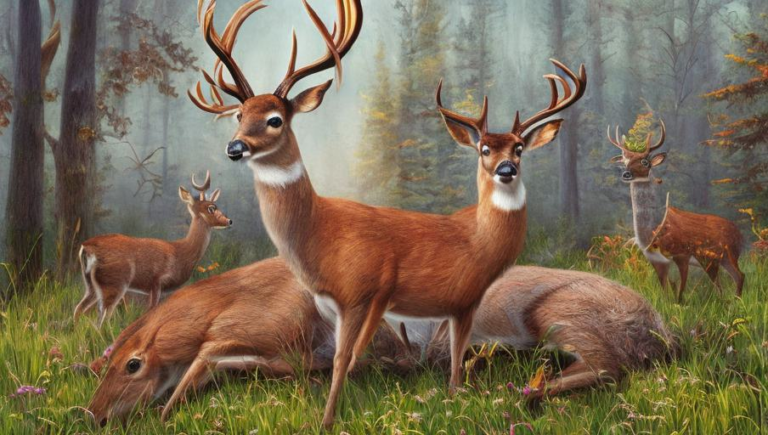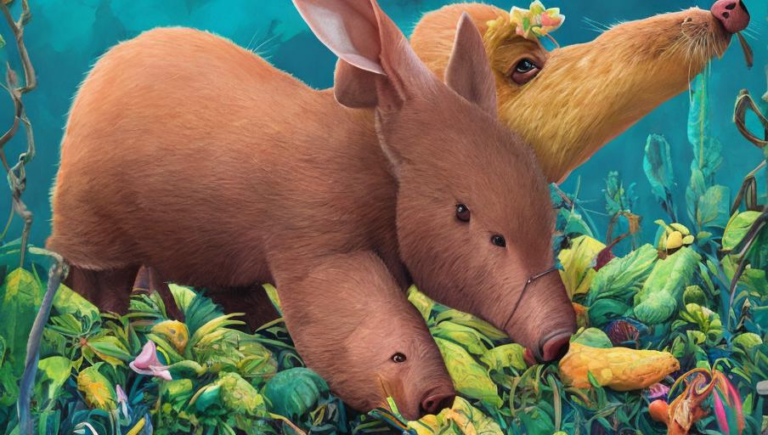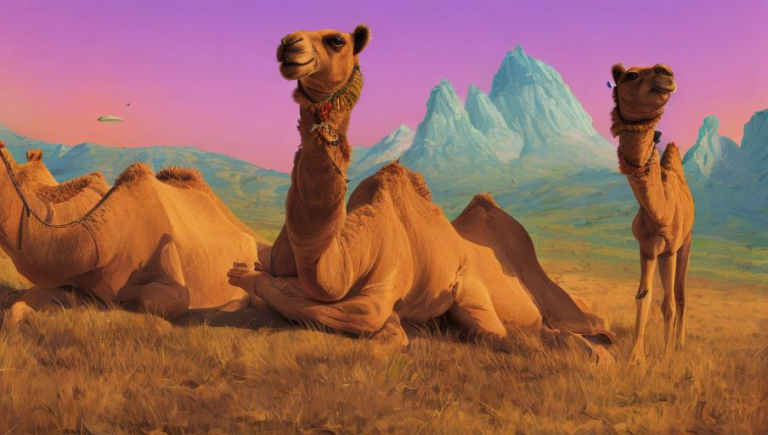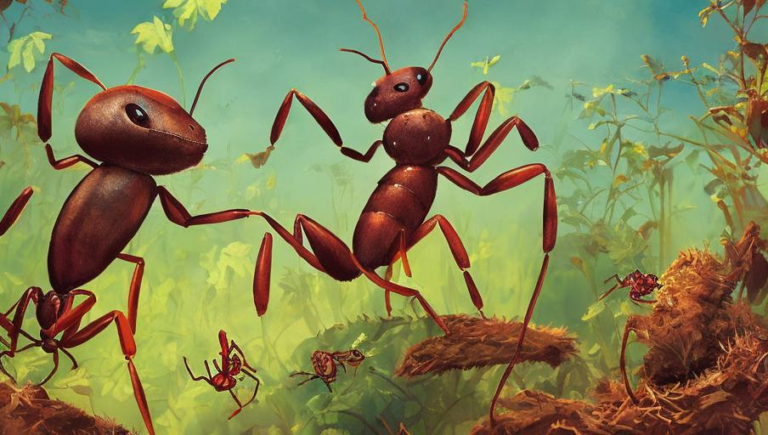Grazing Habits of Ducks
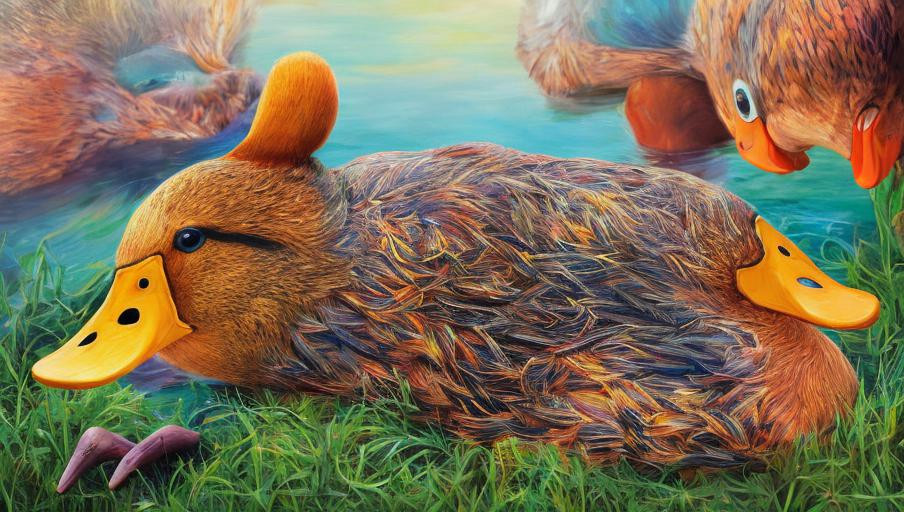
Grazing Habits of Ducks
Ducks are a type of waterfowl that are common in many parts of the world. They are known for their abilities to forage and graze on land and in water. Ducks are also known for their wide range of habitats and their adaptability to different environments. To better understand ducks and their eating habits, it is important to look at their grazing habits.
What Do Ducks Eat?
Ducks are omnivores and they will eat a variety of different things depending on the environment they are in. In the wild, ducks usually feed on insects, larvae, small fish, worms, and other aquatic life. They may also eat plants such as grasses, seeds, and even aquatic plants. In some cases, ducks may also scavenge for food and eat carrion.
Grazing on Land
When on land, ducks will usually graze on grasses, seeds, and other plants. They will also eat insects, larvae, and other small critters that can be found on the ground. Ducks may also eat food scraps that are left behind by humans. In some cases, ducks may even dig for worms and other small animals that can be found in the soil.
Grazing in Water
In the water, ducks will feed on aquatic insects, larvae, small fish, and other aquatic life. Ducks will also graze on aquatic plants such as algae, duckweeds, and other vegetation. Ducks may also eat dead fish, snails, and other small animals that can be found in the water.
Adaptability of Ducks
Ducks have adapted to a wide range of environments, and they can be found in many different habitats. This makes them one of the most widely distributed birds in the world. Ducks can also adapt their diets depending on the environment they are in, making them more resilient to changes in their environment.
Conclusion
Ducks are a type of waterfowl that are common in many parts of the world. They are known for their abilities to forage and graze on land and in water. Ducks are also known for their wide range of habitats and their adaptability to different environments. Understanding the grazing habits of ducks can help us better appreciate their ability to survive in a wide range of environments.
